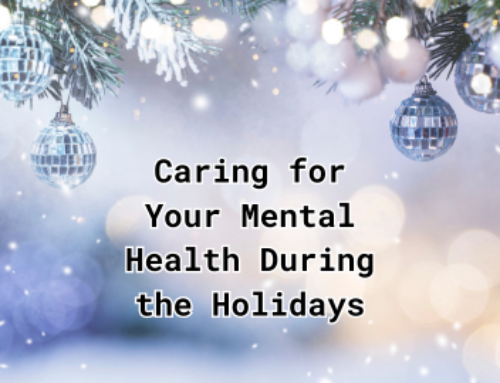What’s Happening to Me?
The process of menopause is a time when the female body undergoes serious physiological changes resulting in the end of the person’s menstrual cycle. Menopause is also a time when many people experience significant life changes as well. Empty nests, a career change, going back to the job market, aging parents, death, and more. According to the National Center for Biotechnology Information (NCBI), women with a history of depression are up to 5 times more likely to be diagnosed with major depressive disorder (MDD) during menopause.
Menopausal people should be aware of and kind to themselves, with thorough physical screenings and mental health care. The brain is just another part of the body and is greatly affected by hormonal and other physical changes.
Approaching Menopause
Perimenopause is the first phase of menopause. Levels of serotonin, a neurotransmitter that carries what could best be called happiness and “good vibes.” This often gives way to negative feelings that are hard to shake, more so when the individual already has a depressive disorder.
The main phase of menopause is reached when twelve months have passed with no menstrual cycle, signifying the end of fertility. This can happen as early as one’s mid-thirties or as late as one’s fifties. Post-menopause is reached when hormone levels stabilize, and the body has finished its transition past the reproductive years.
Symptoms of Menopause
We know that hormones change during menopause, but what else happens? These symptoms may happen all at once and some may not happen at all.
- Menstrual disruption. Menopause ends with the cessation of menstrual periods, but for a long time beforehand, periods may be heavier, more frequent, or less so.
- Sexual changes. Menopausal people may have a higher sex drive or no interest at all, and this might change from day to day.
- Mood swings or disruptions. Depression, anxiety, and irritability are a common symptom of menopause.
Rolling with “The Change”
When a change is inevitable, it cannot be ignored and must be faced and dealt with. The best way to make menopause easier is to pay attention to how you feel and note it down.
- Give it time. We try hard to solve everything at once, but some things can’t be hurried.
- Don’t let the insecurity of the transition hold you back from going after what you want, rather be kind to yourself and don’t make rash decisions.
- See your doctor and therapist and/or psychiatrist. Many of these symptoms are common to other disorders, and you want the right diagnosis.
If you have been diagnosed with major depressive disorder (MDD), or are experiencing depressive symptoms, see your physician. You may be referred to a therapist, psychiatrist, or both. For any questions about our services, contact us today.




